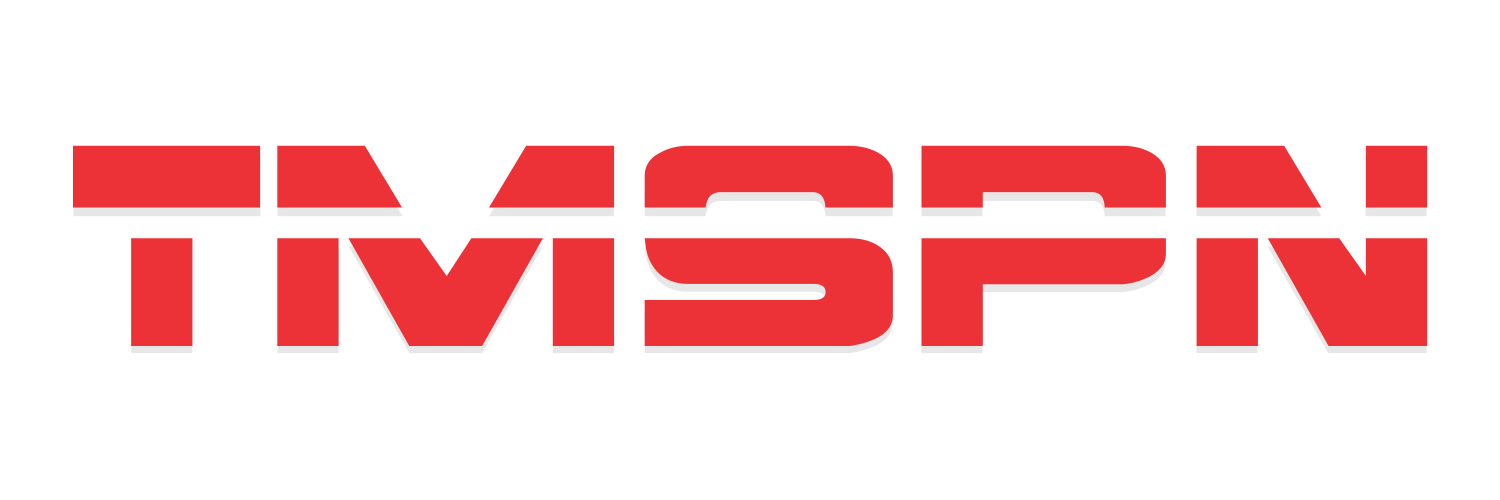
As the spread of the COVID-19 pandemic has continued to accelerate across the United States, a number of sports leagues have altered their schedules in response to the coronavirus. There’s no doubt the sports landscape has altered significantly, from playing games behind closed doors to cancelling events such as Opening Day, League Suspensions, and the Olympics.
New York Knicks and Madison Square Garden owner James Dolan tested positive for COVID-19 last week, the team announced.
According to the World Health Organization, more than 3.6 million worldwide cases of COVID-19 have been confirmed and roughly there have been over 84,000 deaths in the US alone.
Putting COVID-19 aside however, the sports industry is in a unique position to highlight diversity and inclusion, as players are judged on performance, rather than race or sexual orientation.
Several weeks ago, it appeared 2020 was poised to be the best year in women’s sports ever. The WNBA had signed a landmark collective bargaining agreement that the league’s commissioner hailed as “a big bet on women,” according to Yahoo Sports. The NWSL had hired a new commissioner with the chops to capitalize on a global boost of interest in women’s soccer after the 2019 World Cup. And the Olympics were set to serve as a platform to tell the stories of female athletes at the top of their craft.
But the word on the street seems to surround male-dominant leagues–leaving women behind. In some women’s sports, where leagues are typically young and fledging and some athletes are paid very little, the effects of the pandemic will be more acutely felt.
“We’re used to adversity in women’s sports,” National Women’s Hockey League commissioner Dani Rylan told Yahoo Sports. “We work so hard for every partner, for every dollar, for every sponsor that comes on board, so that we’re just as committed now more than ever to fight for those dollars.”
And it shows in corporate positions.
In this year’s 15th annual Rosenzweig Report, we can’t help but feel disappointed by the numbers of women in high-level corporate positions.
“Rapid change has been elusive, and this year’s numbers are disappointing,” said Jay Rosenzweig, managing partner of Rosenzweig & Company in an interview with Hunt Scanlon Media. “However, my personal belief is that this is a moment in time where technological forces and social pressure are setting up the ‘perfect storm’ for a massive leap forward. But it will take bold and courageous leadership to get there. We owe it to ourselves and future generations to seize the opportunity. We can’t sit on our laurels if we are to achieve our dream when leaders will simply be leaders, not male or female leaders.”
Rosenzweig, a business consultant, lawyer, and humanitarian founded Rosenzweig & Company back in 2004 as a global talent-strategy firm. For fifteen years, his company has put out The Rosenzweig Report, which has meticulously tracked the number of leading women in named corporate positions in Canada’s largest companies. The Report looks at the top 100 largest publicly traded corporations in Canada, based on revenue, and examines how many of the top leadership roles are held by women, primarily C-Suite organizations. These C-suite leaders of industry – CEOs, CFOs and others – play a key role in hanging corporate culture and enhancing diversity.

Dikembe Mutombo, Emmanuel Jal, and Jay Rosenweig.
While Rosenzweig advises dozens of businesses and non-profit firms in areas such as health, climate change, transportation, education and politics, he also works with close friend and NBA Hall of Fame basketball player, Dikembe Mutombo, whose foundation and hospital in the Democratic People’s Republic of Congo plays a leadership role in improving healthcare and education across Africa. Rosenzweig also served on the board of One Young World, a global forum of young leaders from 200 countries when it was held in Ottawa.
“As someone who appreciates the value of keeping score and understands the power of numbers, I applaud Jay Rosenzweig for tracking the advancement of women in the corporate world,” Mutombo shared. “Progress in gender equality requires careful measurement and accountability. By presenting the facts on an annual basis, The Rosenzweig Report performs an invaluable service. As one who is passionate about defending human rights and fostering human dignity, I commend this outstanding effort.”
And Kathy Berens, the NBA President for Social Responsibility & Player Programs put it in one of Rosenzweig’s past diversity reports:
“The sports industry is uniquely positioned to take a leadership role in the area of diversity and inclusion because ultimately in sports, people are judged on performance, and not race, gender, or sexual orientation. Workforce diversity is not only the right thing to have, it’s an essential component to driving the growth of our game and business globally.”
And Liliahn Majeed, Diversity & Inclusion President at the NBA put it in this year’s Rosenzweig Report: “As I travel across North America, women often share stories with me about not feeling seen, heard, or accepted in their corporate roles. Their stories can be heartbreaking, yet what I draw most from these conversations is hope. These women, despite their experiences, feel an urgent responsibility to create a world where they, and those who are to follow, are not merely equally represented at all levels of all corporations but also equally valued for their unique contributions. I remain grateful to allies like Jay Rosenzweig whose Rosenzweig Report helps raise the public consciousness while that while we have made some progress, there is still much to be done.”





